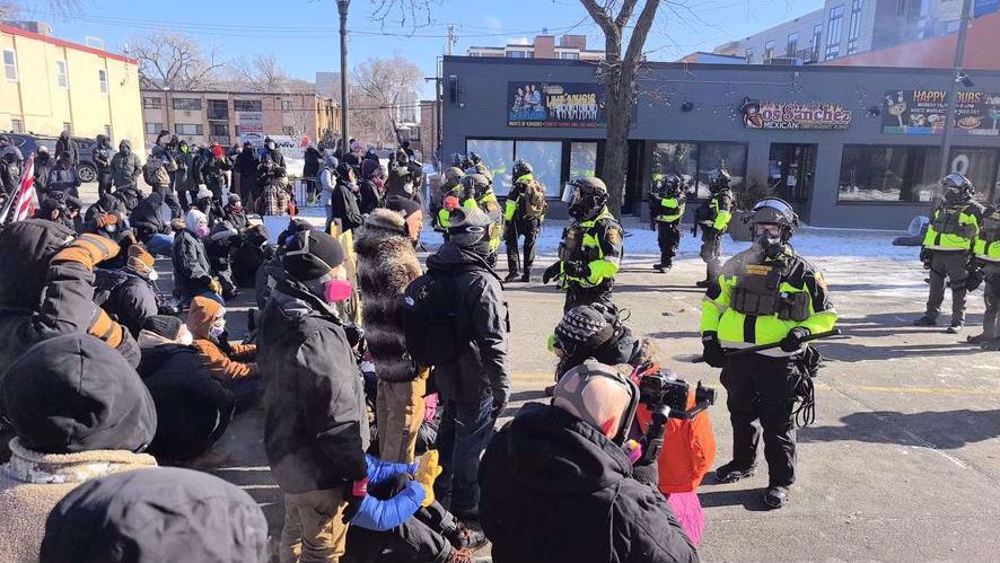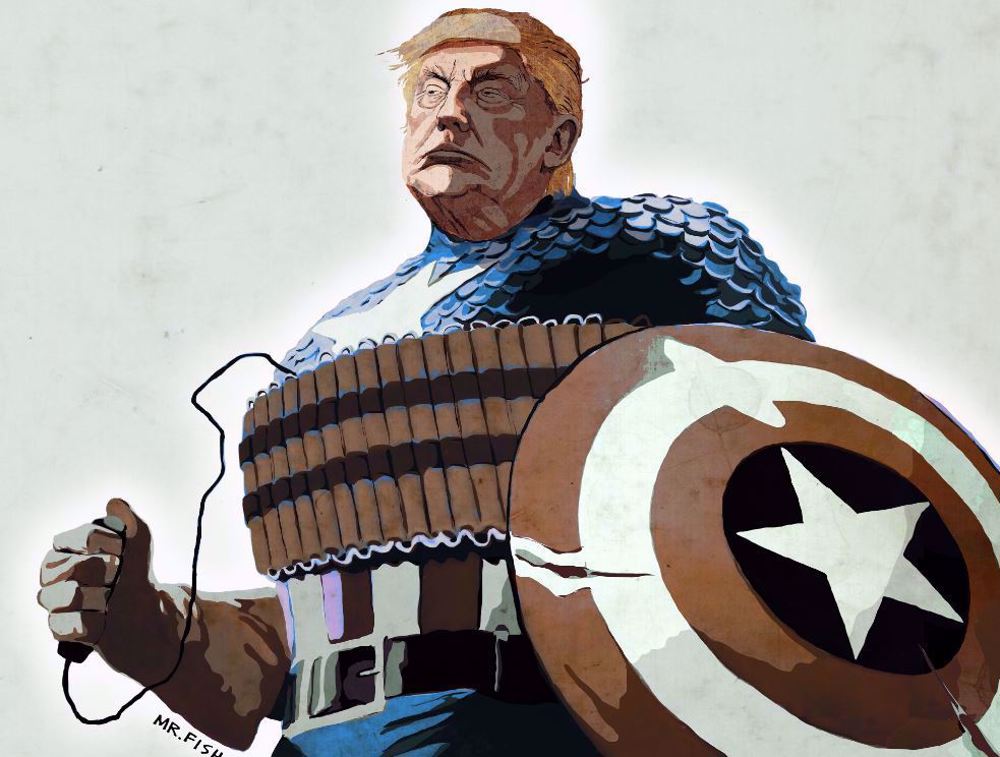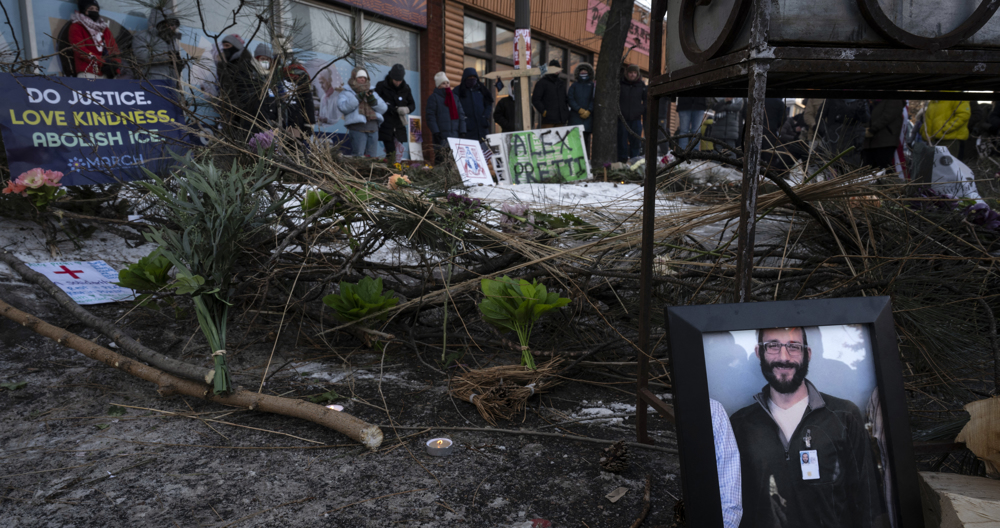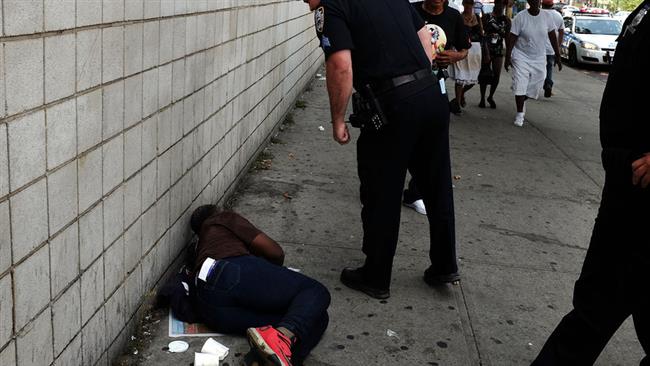Trump declares opioid epidemic 'national emergency'
US President Donald Trump has declared the country’s opioid drugs epidemic a “national emergency,” a designation that would offer states more federal resources and power to combat the crisis.
"The opioid crisis is an emergency, and I’m saying officially, right now, it is an emergency," Trump said at his golf club in Bedminster, New Jersey.
"It’s a national emergency. We’re going to spend a lot of time, a lot of effort and a lot of money on the opioid crisis," he said. "There's never been what's happened to this country over the last four or five years."
In March, Trump appointed a commission to combat the public health crisis. The Commission on Combating Drug Addiction and the Opioid Crisis told Trump last week that declaring a national emergency would be an immediate help in combating the ongoing epidemic.
"Our citizens are dying. We must act boldly to stop it," the commission, headed by New Jersey Governor Chris Christie, said in a report last month. "The first and most urgent recommendation of this Commission is direct and completely within your control. Declare a national emergency."
Read More:
Opioids “now kill more people than gun homicides and car crashes combined,” the commission wrote.
Trump on Tuesday had said he was not declaring a national emergency over the opioid crisis as suggested by the commission.
Drug overdose deaths in 2016 continued to climb in the US despite ongoing efforts to stem the epidemic, according to the latest government numbers.
More than 52,000 Americans died from drug overdoses in 2015 -- the latest year for which data is available.
From 2000 to 2015, more than 500,000 people died of drug overdoses, and opioids account for the majority of those.
Opioid drugs include illegal drugs like heroin, synthetic medications such as fentanyl, and prescription pain relievers such as oxycodone, morphine, codeine, and many others. Nearly half of all opioid overdose deaths in 2016 involved prescription pain killers.
Many of the victims of drug addiction were initially prescribed legal drugs by doctors to combat pain, but later switched to the illegal versions after their prescriptions expired.
Israeli warplanes conduct new aggressions across southern Lebanon
Democrats threaten govt. shutdown after second ICE killing in Minneapolis
MSF to disclose limited list for Gaza staff after Israel revoked its aid licenses
VIDEO | India defies Western push at UN Rights Council on Iran
Cuba's president observes drills, vows high cost for any US aggression
Iran dismisses Nazi-style propaganda on riot death toll
Israel kills more civilians in Gaza amid relentless ceasefire violations
VIDEO | Press TV's news headlines
















 This makes it easy to access the Press TV website
This makes it easy to access the Press TV website